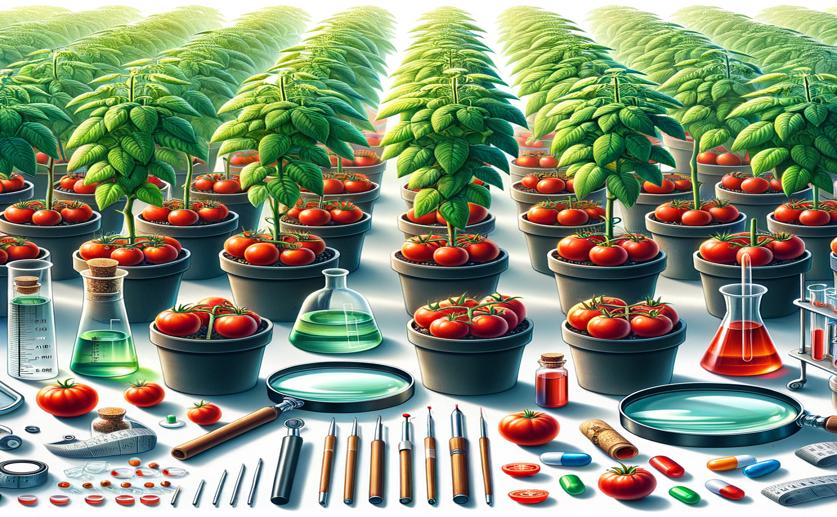
Discovering Genes That Control Tomato Ripening
Jenn Hoskins
2nd April, 2024

Image Source: Natural Science News, 2024
Key Findings
- Scientists in China discovered six genes that affect tomato ripening
- Four genes speed up ripening, while two slow it down
- These genes work by modifying how other ripening-related genes behave
References
Main Study
1) Identification and virus-induced gene silencing (VIGS) analysis of methyltransferase affecting tomato (Solanum lycopersicum) fruit ripening.
Published 1st April, 2024
Journal: Planta
Issue: Vol 259, Issue 5, Apr 2024
Related Studies
2) Regulatory network of fruit ripening: current understanding and future challenges.
3) SlERF.F12 modulates the transition to ripening in tomato fruit by recruiting the co-repressor TOPLESS and histone deacetylases to repress key ripening genes.
4) SlJMJ7 orchestrates tomato fruit ripening via crosstalk between H3K4me3 and DML2-mediated DNA demethylation.



 28th March, 2024 | Jim Crocker
28th March, 2024 | Jim Crocker